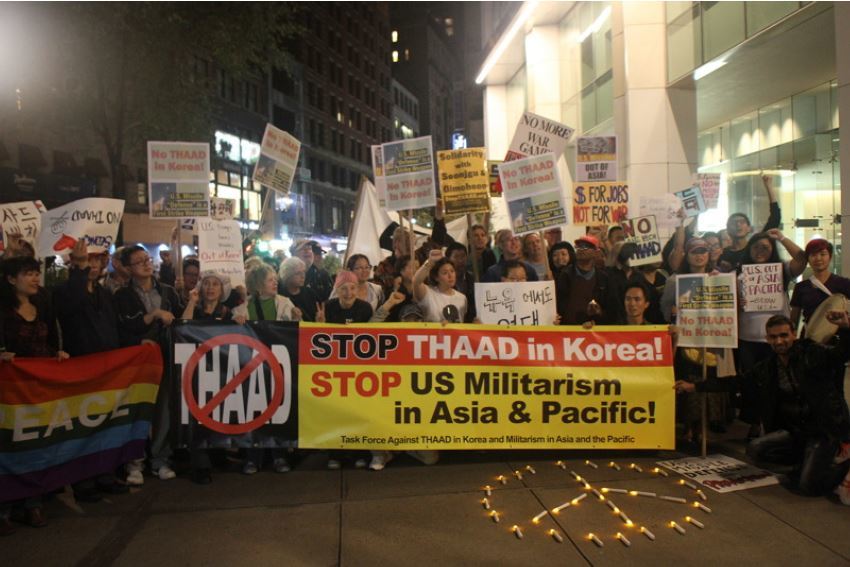
My latest, just posted at The Nation (with the Korean version at NewsPro):
Over the past two weeks, South Korea has been obsessed with a huge scandal involving its president, Park Geun-hye. Highly unpopular, she faces fierce criticism and protests over her mysterious relationship with a religious cultist without any position in government who apparently edited Park’s speeches and may have made critical decisions concerning North Korea.
But in Washington, where foreign-policy elites generally ignore the politics of South Korea, the obsession was over North Korea’s dictator, Kim Jong-un. He has built a small arsenal of nuclear weapons and—claiming that his country’s survival is at stake—is moving relentlessly to develop missiles capable of reaching not only South Korea and Japan but even the United States.
On October 24, James Clapper Jr., the director of national intelligence, essentially threw up his hands over Kim, expressing exasperation over the failure of economic sanctions to slow his weapons program. ““I think the notion of getting the North Koreans to denuclearize is probably a lost cause,” he said in a speech in New York.
That same week, John Hamre, a former Pentagon official and the president of the Center for Strategic and International Studies, admitted in a conference on Korea at the conservative Heritage Foundation that many in Washington are embracing a more militaristic approach. “I’ve been at meetings with senior US officials who say we need to change policy to formally embrace regime change,” he said. Hamre argued that such a policy would be counterproductive because it would lose China’s support for denuclearization.
So what will the next US president—widely believed to be Hillary Clinton—do about Korea? It just so happens that, as November 8 draws near, she has quietly mapped out hawkish positions on North Korea and China that would go well beyond President Obama’s policy mix of military pressure and economic sanctions.
To read on, click here.
